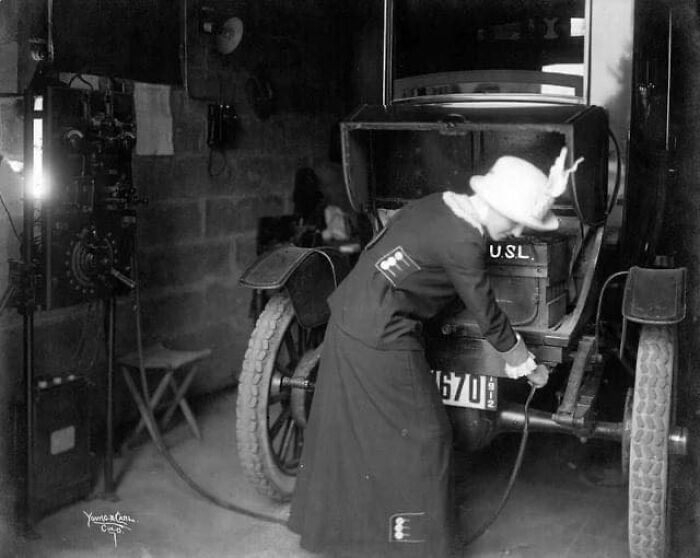this post was submitted on 21 Nov 2024
543 points (99.5% liked)
HistoryPorn
4892 readers
743 users here now
If you would like to become a mod in this community, kindly PM the mod.
Relive the Past in Jaw-Dropping Detail!
HistoryPorn is for photographs (or, if it can be found, film) of the past, recent or distant! Give us a little snapshot of history!
Rules
- Be respectful and inclusive.
- No harassment, hate speech, or trolling.
- Engage in constructive discussions.
- Share relevant content.
- Follow guidelines and moderators' instructions.
- Use appropriate language and tone.
- Report violations.
- Foster a continuous learning environment.
- No genocide or atrocity denialism.
Pictures of old artifacts and museum pieces should go to History Artifacts
Illustrations and paintings should go to History Drawings
Related Communities:
founded 1 year ago
MODERATORS
you are viewing a single comment's thread
view the rest of the comments
view the rest of the comments

From an engineering standpoint, liquid fuels have a far greater energy-to-weight ratio than batteries. Some of the largest advancements in combustion engines for the purpose of conveyance were made during the world wars. Noise was something they actively fought against. Loud tanks are scary, but unexpected tanks are much scarier. If they really needed it to be loud, sirens exist (see: Jericho siren). The energy-to-weight problem is only now finally being solved via modern batteries using exotic materials and processes well outside of early 1900's technology.
That's the textbook answer but I think mine is more fun.
Oh certainly! I only felt the need to add the textbook answer because of the... Conspiratorial side of Lemmy that will happily believe misleading information as long as it confirms pre-existing biases.